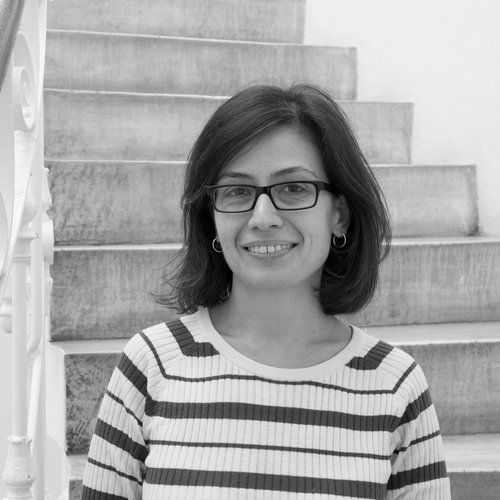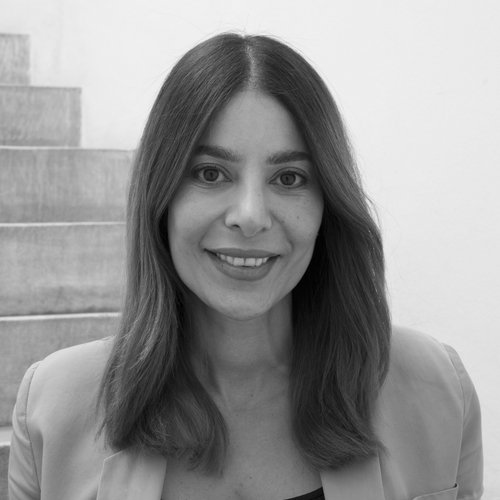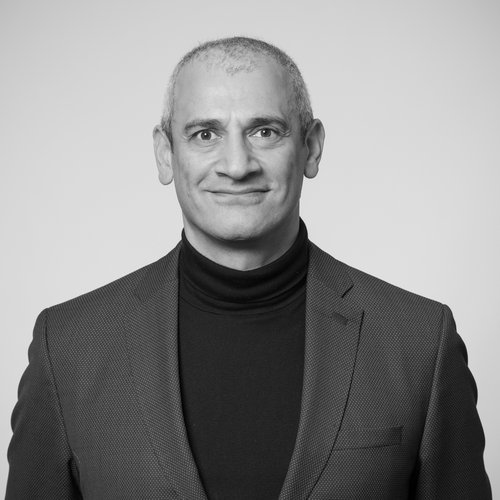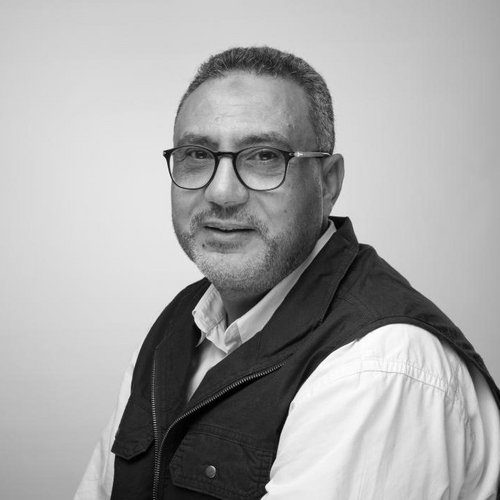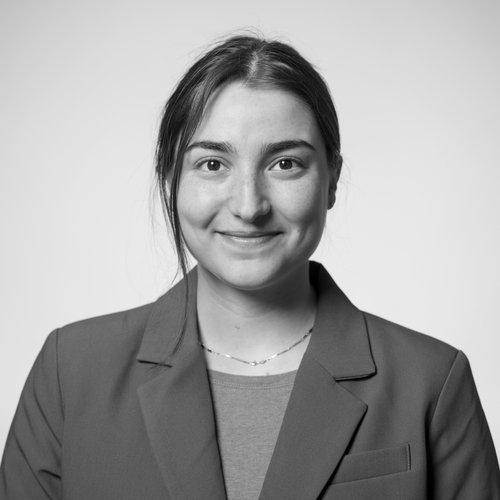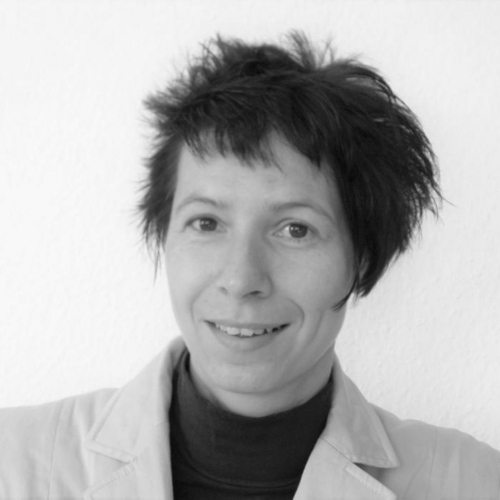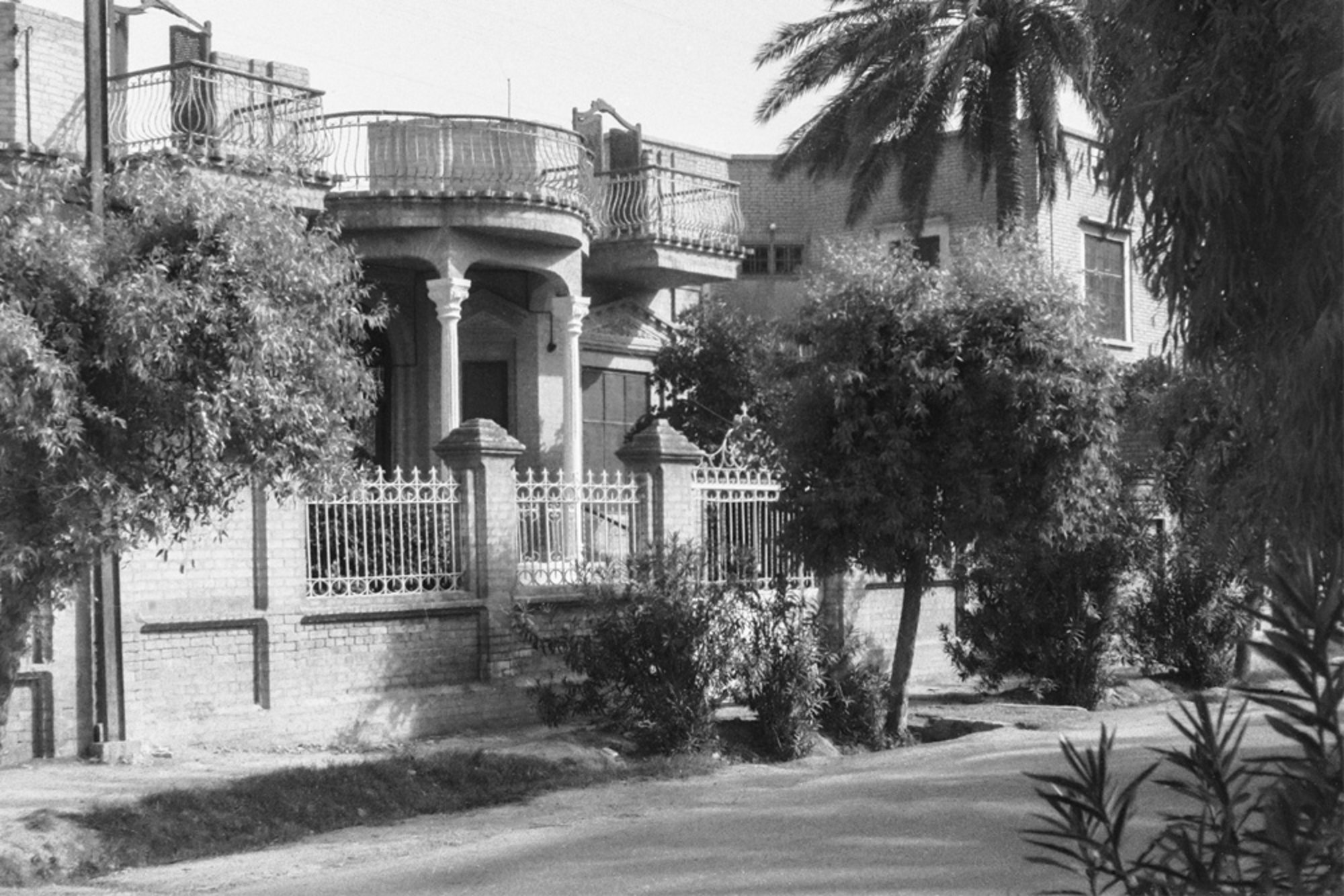
Institutsgebäude der Außenstelle Baghdad © DAI // Unbekannt
Baghdad Branch
Profile
The Baghdad branch office conducts archaeological research in Central Iraq and the Kurdistan Federal Region. Through excavation projects, large-scale survey programmes and architectural documentation, the Baghdad branch office explores the history of Mesopotamia while concentrating on the periods between the 4th and 1st millennia BC and furthermore on the late antique and early Islamic periods. Currently, much attention is given to Uruk and al-Hira as well as to fieldwork in Erbil and in the Sulaymaniyah governorate (Kurdistan Federal Region).
The site of Uruk occupies a special position, as it is here that German archaeologists have been working since 1912. The Republic of Iraq granted the Baghdad branch office the license to study the site in 1954.
The organisational priority is the implementation of bilateral research and close cooperation with Iraqi archaeologists and ancient Near Eastern philologists. Training measures implemented within modern archaeological applications and jointly performed conservation projects characterise this cooperation.
Organisation
The Baghdad branch office is provisionally headed by the first director of the Orient Department. The branch office in Baghdad is represented in by an institute building and a small research library. The extensive research library and the archives of the former Baghdad Department form the core of the Orient Department in Berlin since 1996. The branch office is currently managed from Berlin by a research assistant, whereas an employee in Baghdad is in charge of the premises' local requirements and of networking with Iraqi colleagues and authorities.
History
With the founding of the DAI's Baghdad Department in 1955, German archaeological research active in Iraq since 1887 became institutionalised in its host country. The department was to carry on with research, which earlier on had already reached much public acclaim under the projects led by the German Oriental Society (Deutsche Orient-Gesellschaft, DOG) in Babylon, Assur, and Uruk between 1898 and 1917, and those in Uruk between 1928 and 1939.
Topics & Outlook
Special attention of the Baghdad branch office is given to the protection of Iraq's cultural heritage. In close cooperation with Iraqi universities and the Iraqi State Board of Antiquities and Heritage (SBAH) it therefore has been for more than a decade highly committed to the execution of cultural preservation projects.
Infrastructures
Publications
The editorial staff at the Orient Department in Berlin supervise the publications of the Baghdad branch office.
Its former periodical Baghdader Mitteilungen, which appeared between 1960 and 2006, was integrated as fascicles in 2007 to the newly founded annual journal Zeitschrift für Orient-Archäologie. The series Baghdader Forschungen is still being published at irregular intervals. The findings of the long-term excavations at Uruk-Warka are presented at irregular intervals in the series Ausgrabungen in Uruk-Warka, Endberichte and Ausgrabungen der Deutschen Forschungsgemeinschaft in Uruk-Warka.
On the occasion of the 50th anniversary of the Baghdad branch office in 2005, the department published a commemorative volume with the title 50 Jahre Forschungen im Irak 1955-2005.





